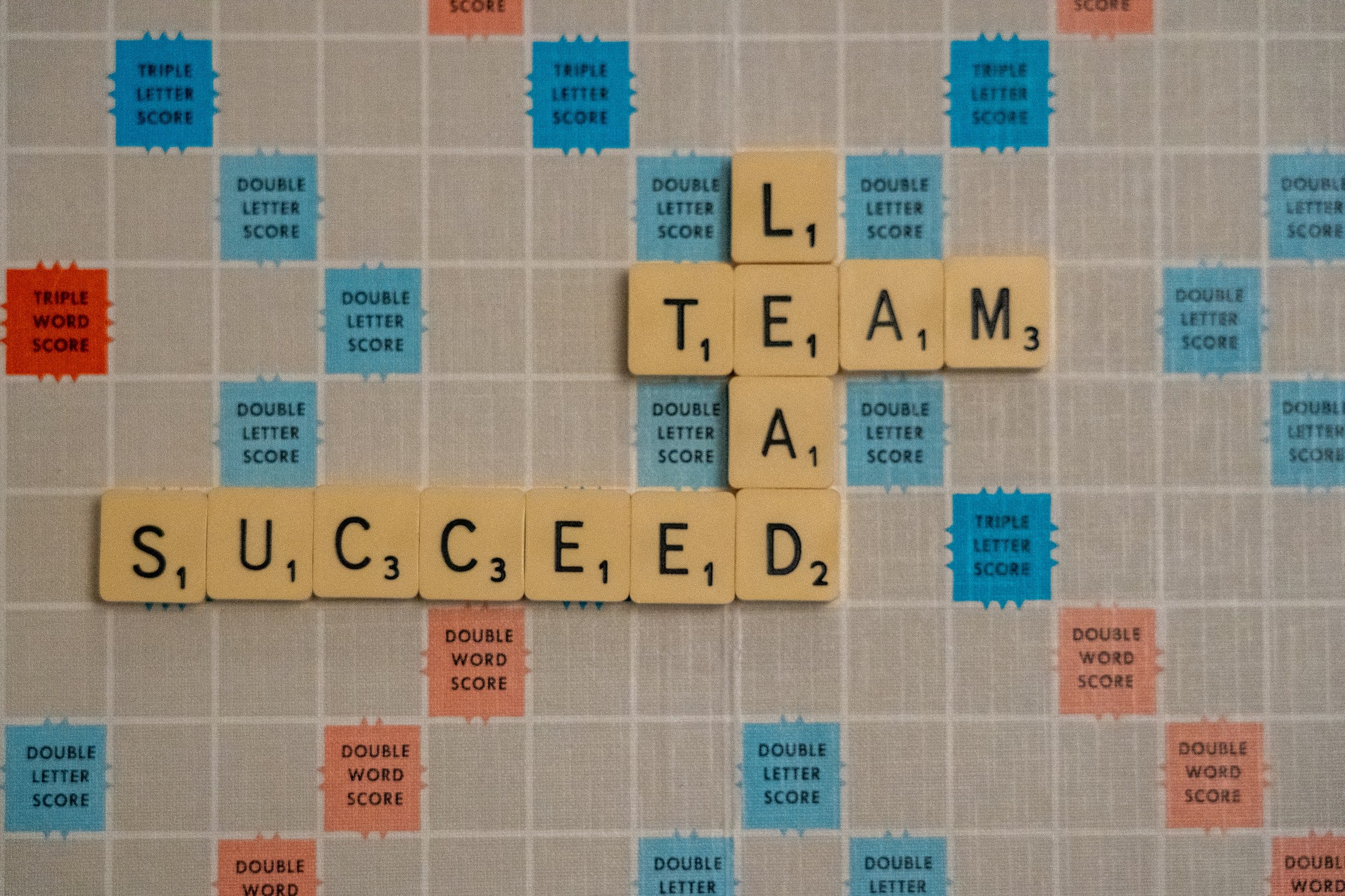Instructional Leadership Development
We partner with you to enhance your instructional leadership abilities, aiming to improve student achievements.
-
Our partnership begins by conducting a thorough Needs Assessment to uncover strengths and improvement areas. Based on these findings, we tailor our support to your specific needs, offering services such as:
Customized professional development plans.
Targeted coaching.
Leadership mentorship and program development.
Specialized observation tools.
We also assist in fostering reflective teaching practices, providing resources for self-assessment and instructional adjustments, including collaborative walkthrough tools, real-time coaching, and data analysis support. Our approach includes facilitating effective coaching conversations, developing action plans, and modeling coaching cycles.
Furthermore, we enable collaborative planning and modeling through various means such as scheduled reviews, mentorship programs, peer support, and Professional Learning Community (PLC) assistance. We ensure consistency among observers by aligning their findings, identifying exemplary teachers, and offering training sessions. Lastly, we track instructional mastery and student progress by analyzing data trends, establishing data war rooms, and monitoring mastery of state standards at group and individual levels for informed instructional decision-making.
-
Your time is precious; we're here to help you make the most of it. Together, we'll assess your current time usage and collaborate to pinpoint areas for improvement in your practices and routines, ensuring every moment counts. By fostering Shared Decision-Making Teams, we empower everyone to be part of the solution, creating a fertile ground for success.
Through consensus-building, we ensure that decisions are embraced by all, fostering progress and unity. We'll assist you in implementing distributive leadership, harnessing human capital, and nurturing in-house instructional leadership.
Working together, we'll develop schedules and protocols for formal and informal observations, cultivating a safe environment where teachers view observations as opportunities for growth. Based on observations, we'll establish school-wide and individual teacher priorities and create actionable plans with clear accountability and timelines.
Our approach involves aligning priorities with overarching State, District, or School Improvement Plans, translating them into actionable steps, and tracking progress toward goals. We recognize the importance of flexibility, allowing for adjustments and regrouping as needed to ensure continuous improvement.
-
We'll collaborate with you to assess your school's pulse. What aspects are you proudest of, and what reputation would you instead change? We'll use the latest data to examine perceptions and complex statistics, including climate and culture assessments, staff surveys, attendance, tardiness, and discipline records. We'll pinpoint any recurring issues in specific areas or times of the day and analyze patterns to identify successes and areas for growth.
Every aspect of school life will undergo observation and analysis, from walk-throughs and faculty meetings to interactions in common areas, classroom assemblies, and arrival/dismissal times. Once our analysis is complete, we'll share our findings and work together on the next steps, aligning with your needs and desired outcomes for improvement. Together with your leadership team, we'll develop an actionable plan, itemizing responsibilities, timelines, and implementation strategies. We'll establish monitoring strategies and feedback loops to ensure sustained progress and adjust as needed.
-
In collaboration with the school administration and leadership team, we will assess a range of data sources concerning student performance in core subjects. This analysis will extend beyond overall academic performance to examine variations among student groups based on factors such as socioeconomic status, race, and gender. By identifying areas of concern and specific needs, we can establish targeted instructional objectives to elevate expectations and enhance students' learning experiences.
Ensuring that expectations are clearly communicated and understood by all stakeholders is paramount. This includes students, teachers, support staff, and parents. We'll explore how these expectations are communicated upon entry to the school and how the physical environment reinforces high standards. We'll also examine how successes are celebrated and whether expectations of conduct, academic achievement, and intellectual curiosity are shared with the broader community. If necessary, monitoring mechanisms will be evaluated to ensure alignment with these expectations, including parental involvement strategies. We'll also regularly analyze discipline and attendance data to identify trends and patterns.
Working closely with school administration and faculty, we'll begin developing an Instructional Focus Plan. This plan will address priorities while acknowledging the challenge of addressing multiple areas simultaneously. We'll emphasize building on successes and focusing on two or three priorities at a time to ensure mastery and lay a solid foundation for progress.
Observational visits and walkthroughs will help identify areas of success and concern, including consistency in holding students accountable and any "cold spots" where learning engagement may be lacking. Findings will inform professional development needs aligned with the school's instructional goals.
Collaboratively, we'll finalize the Instructional Focus Plan, which may include:
Identifying and monitoring changes in instructional practices.
Providing support to teachers at various levels.
Facilitating work with Professional Learning Communities (PLCs) and offering professional development.
Conducting Data Digs to monitor progress and inform next steps.
Offering resources to support plan implementation.
Providing ongoing monitoring and feedback.
Coaching administration on effective feedback practices.
Follow up with the administration and leadership team to assess progress toward plan goals.

